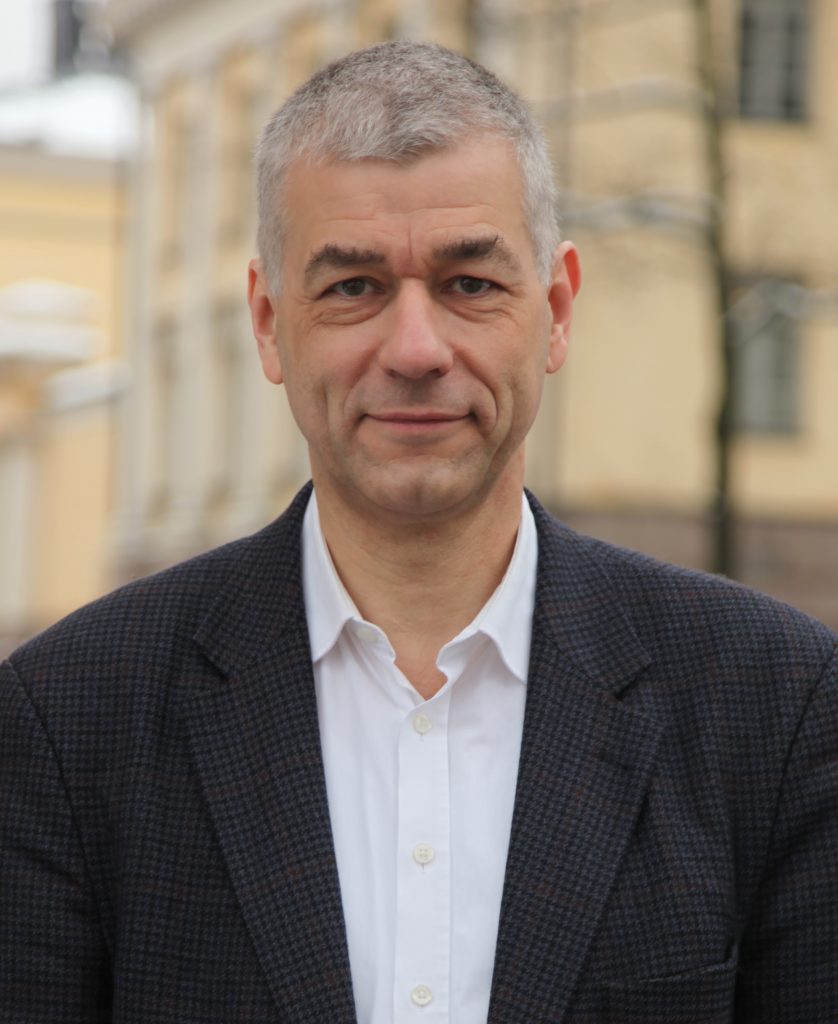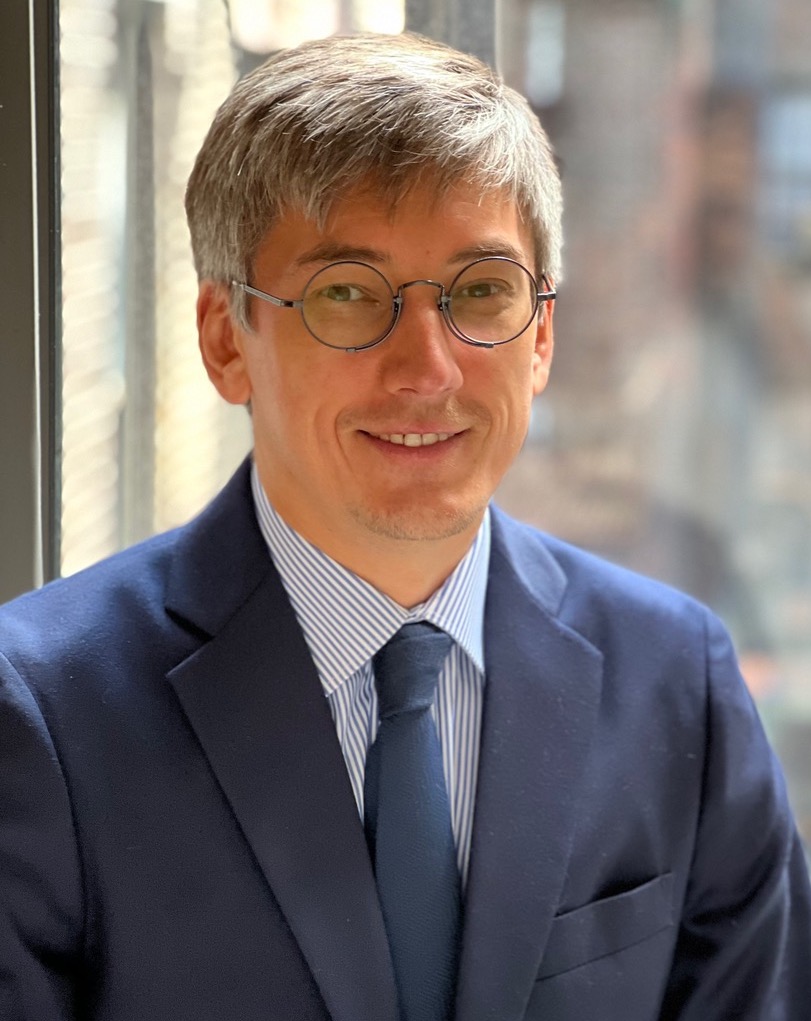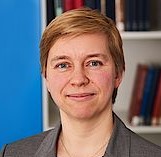The Russian Orthodox Church and Inner-Orthodox Relations

Thomas Bremer is a Roman Catholic theologian and professor emeritus of the University of Münster.
Even before the Russian aggression against Ukraine, world Orthodoxy was in a crisis that made its normal functioning impossible. The Russian Orthodox Church (ROC) refused the autocephaly that the Ecumenical Patriarchate (EP) had granted to the Orthodox Church of Ukraine (OCU) in early 2019, and the ROC eventually broke communion with the EP and three more (out of some fifteen) Orthodox Churches.
The ROC resisted the autocephaly of the OCU for four interconnected reasons, all diametrically opposed to the position of the EP:


